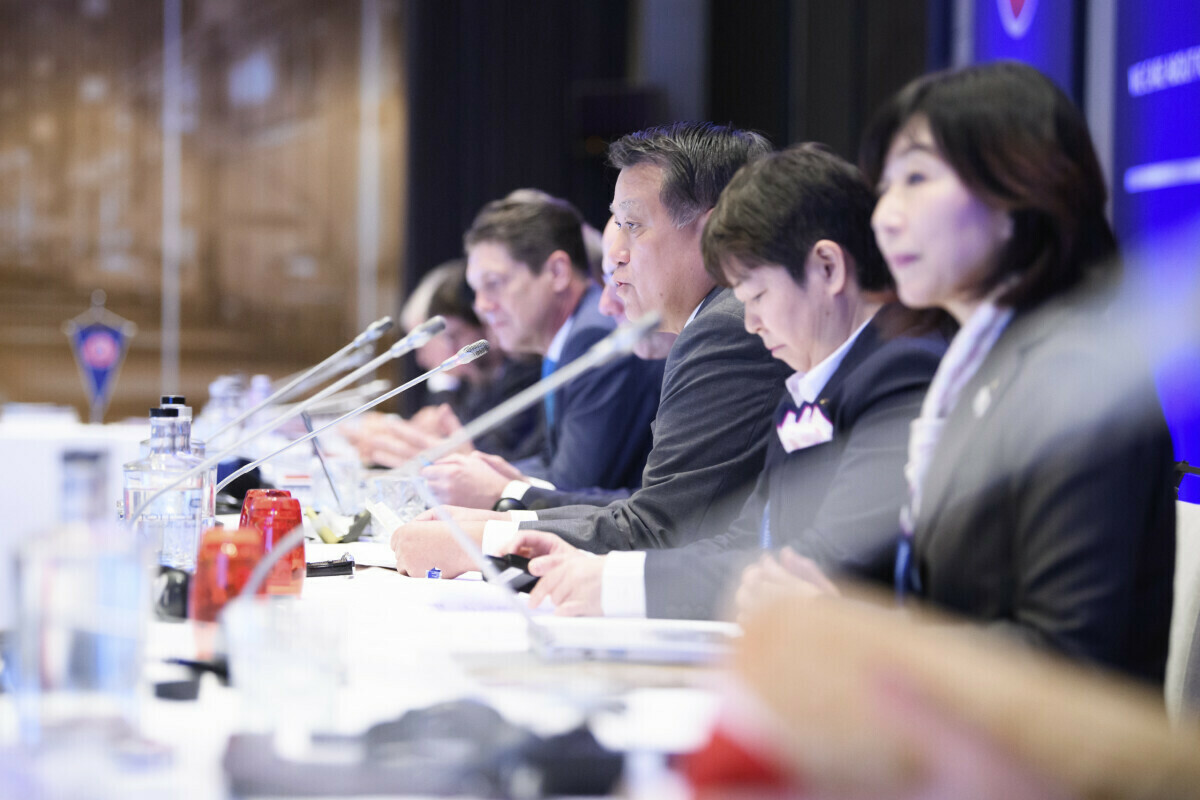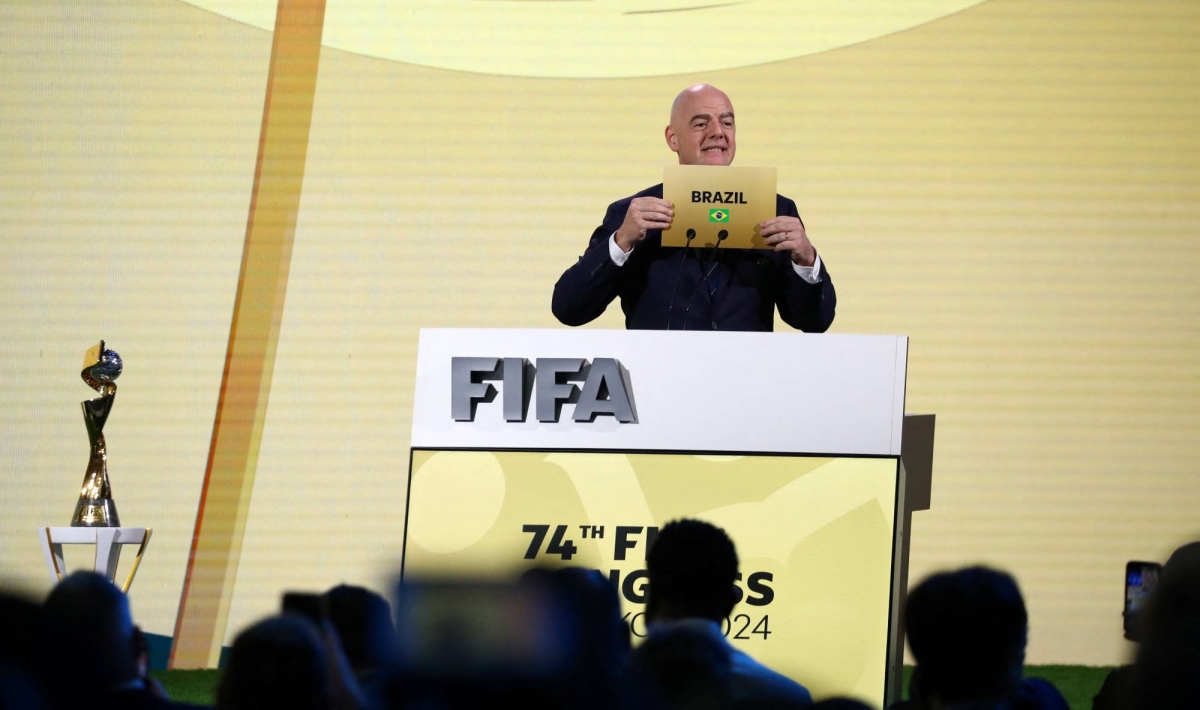
Japan's aspirations to host the 2031 Women's World Cup were left in disarray after FIFA's recent decision to limit the tournament bids to countries from North America and Africa. This move by FIFA has been a considerable blow to the Japan Football Association (JFA), which had harbored ambitions of hosting the event to enhance the stature and popularity of women's soccer in the country.

The Japanese football community was understandably dejected by the announcement. JFA President Tsuneyasu Miyamoto expressed his disappointment, stating, "For us, who were aiming to host the 2031 Women's World Cup, this is very disappointing news." Japan had hoped to leverage the tournament's global appeal to bridge the gap with more established women's football markets in Europe and North America. The decision means Japan must wait until at least 2039 for another opportunity to host the event, a significant delay for a nation that won the Women's World Cup in 2011 but has since struggled to replicate that success on the international stage.
The Strategic Implications for Japan
Japan's strategy to host the 2031 Women's World Cup was part of a broader initiative to elevate women's soccer domestically. Hosting such a high-profile event would have provided a substantial boost to the sport's visibility in Japan, creating a legacy of increased participation and interest among young female athletes. The JFA had envisioned the tournament as a catalyst to inspire a new generation of female footballers and to foster a more robust domestic league.
This setback, however, forces Japanese football officials to recalibrate their approach. With the 2027 Women's World Cup set to be hosted in Brazil, Japan now has the opportunity to focus on strategic planning and development at the grassroots level, ensuring that the next generation of players is ready to compete at the highest level by the time they might host in the future.
Global Context and FIFA's Decision
FIFA's decision to focus the 2031 Women's World Cup on North America and Africa is part of a broader strategy to diversify the geographical spread of the tournament. FIFA President Gianni Infantino has emphasized the importance of taking the tournament to new territories, which aligns with FIFA’s goals of expanding the global reach and inclusivity of the sport.
North America, with its established infrastructure and large fan base, represents a commercially viable option for FIFA. The United States, in particular, has seen women's soccer thrive, with the USWNT consistently performing at the top level. A North American bid, potentially involving the US, Canada, and Mexico, would likely ensure sold-out stadiums and substantial television audiences, factors that are highly attractive to FIFA.
On the other hand, Africa's inclusion in the bid process reflects FIFA's intent to promote and develop football in emerging markets. Africa, rich in football talent yet often underrepresented in hosting duties for major tournaments, presents a unique opportunity for growth and development in the women's game.
Future Prospects for Japan
While the immediate future may seem challenging for Japan in terms of hosting duties, the nation has a rich history of bouncing back and achieving success against the odds. The focus now shifts to ensuring that Japan remains competitive on the international stage through continued investment in player development and infrastructure.
Japan's women's national team, known as "Nadeshiko Japan," has been a source of national pride, and their success serves as a reminder of the country's potential in the sport. The JFA's efforts to develop women's soccer at the grassroots level will be crucial in maintaining this momentum and ensuring that Japan is ready to host and compete effectively when the opportunity arises.
In conclusion, while FIFA’s decision is a setback for Japan's immediate hosting ambitions, it is also a chance to refocus and strengthen the foundation of women's soccer within the country. As Japan looks to the future, the emphasis will be on building a robust domestic league, fostering young talent, and preparing to seize the next opportunity to showcase its footballing prowess on the global stage.